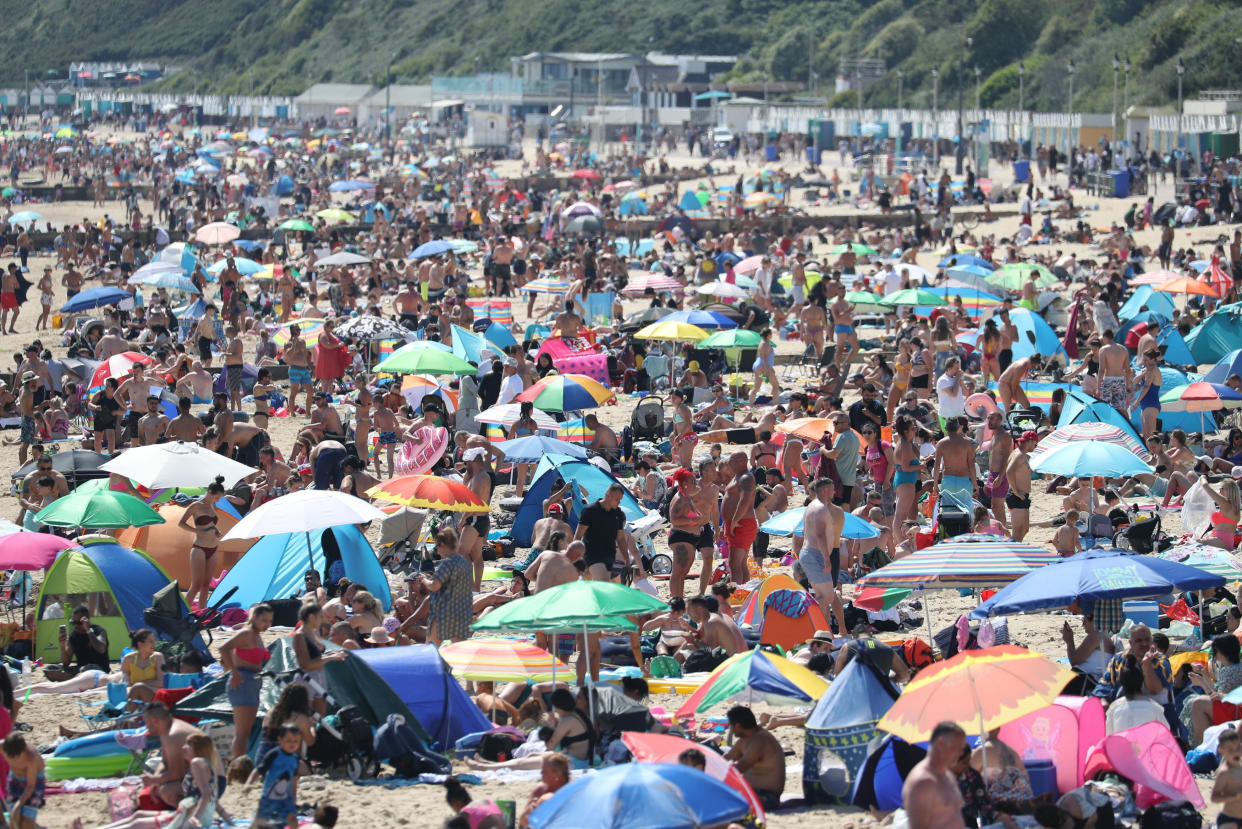People with psychopathic traits 'are more likely to ignore lockdown restrictions'

People who exhibit psychopathic traits are likely to ignore lockdown restrictions, a study has suggested.
Other so-called ‘dark triad’ personality characteristics, such as narcissism and Machiavellianism, could also impact a person’s willingness to comply with social distancing rules, the research said.
It suggests that people with such traits may have played a larger part in the spread of COVID-19 by ignoring restrictions such as social distancing.
The study, by Dr Pavel Blagov of Whitman College in Washington state, said that those with psychopathic personality traits such as meanness are less likely to comply with lockdown restrictions.
And those with poor impulse control were more likely to boast of behaviours that put others at risk, Blagov said in an interview with Psypost.
He said: “My experience as a psychological scientist as well as a practicing psychologist has convinced me that the importance of psychology and behaviour in the prevention and management of a wide range of health problems is enormous.
“This includes personality, or the study of important ways in which people differ. It was clear from reports in the media very early in the COVID-19 pandemic that some people were rejecting advice to socially distance and engage in increased hygiene.
“There can be many reasons for this, and I thought that personality may play at least a small role in it.”
Blagov surveyed 50 adults about virus-related behaviour in late March, as lockdowns were being imposed in multiple U.S. states.
The survey took place at a time when behaviour around the virus had not yet become highly politicised in America, Blagov said.
The results have been accepted for publication in the journal Social Psychology and Personality Science, and is available on the pre-print server PsyArxiv.
Blagov said: “I knew that traits from the so-called dark triad (narcissism, Machiavellianism, and psychopathy) as well as the traits subsumed within psychopathy are linked to health risk behaviour and health problems, and I expected them to be implicated in health behaviours during the pandemic.
“There is also prior research suggesting that people high on the dark triad traits may knowingly and even deliberately put other people’s health at risk, e.g. by engaging in risky sexual behaviour and not telling their partner about having HIV or STIs.”
Blagov’s survey found that people who scored low for agreeableness and conscientiousness were less likely to heed regulations.
Those who scored high for psychopathic traits such as meanness and disinhibition, tended to be less likely to say they would engage in preventative measures such as social distancing.
Blagov said: “People scoring high on these traits tended to claim that, if they had COVID-19, they might knowingly or deliberately expose others to it.
“One potential implication from this research is that there may be a minority of people with particular personality styles (on the narcissism and psychopathy spectrum) that have a disproportionate impact on the pandemic by failing to protect themselves and others.”
Coronavirus: what happened today
Click here to sign up to the latest news, advice and information with our daily Catch-up newsletter
Read more about COVID-19
How to get a coronavirus test if you have symptoms
How easing of lockdown rules affects you
In pictures: How UK school classrooms could look in new normal
How public transport could look after lockdown
How our public spaces will change in the future
Help and advice
Read the full list of official FAQs here
10 tips from the NHS to help deal with anxiety
What to do if you think you have symptoms
How to get help if you've been furloughed



